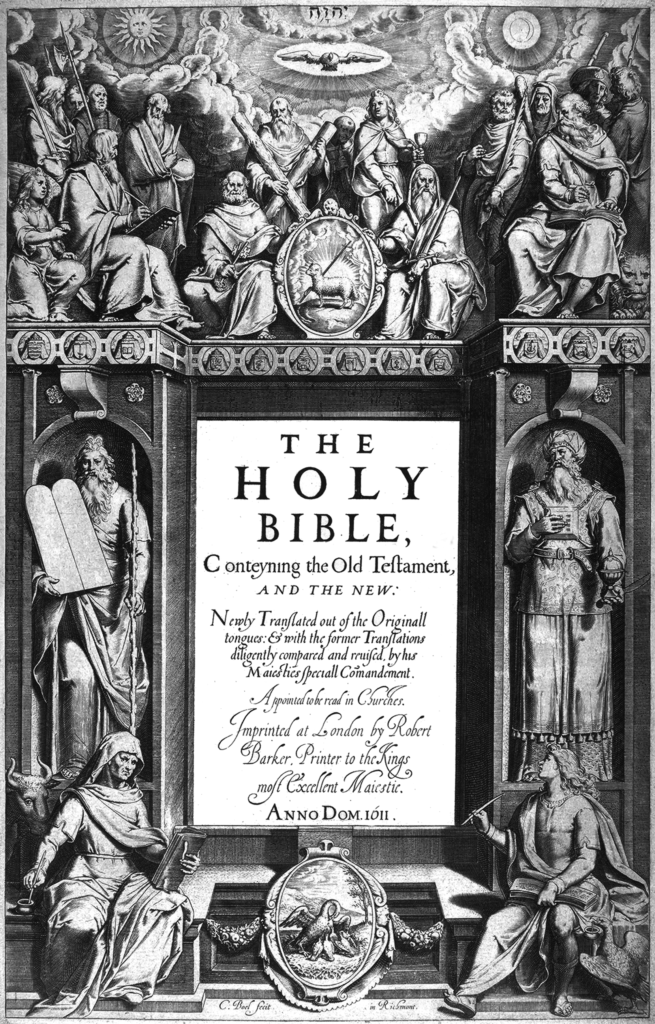Recently, education minister Fadhlina Sidek drew flak from the Mufti of Perlis when she said she had restricted the use of the word “kafir” by her children. The Mufti criticized her, saying she shouldn’t limit the use of a word used by Allah in the Koran (link).
According to a report in FMT, Fadhlina clarified that she spoke in the Malaysian multireligious context in which some today are using the word “kafir” as they spread hateful sentiments against those they do not approve of.
That got me thinking about the word “heathen.”
Older English translations of the Bible use the word “heathen” to refer to those who are either not Jewish or not Christian. For example, the word “heathen” is used 145 times in the King James Version which was published in 1611.
The updated 1982 version, called the New King James Version, uses the word twice.[1] But other modern translations such as the New International Version (NIV) of 1978 and the English Standard Version (ESV) of 2001, avoid the word “heathen.” They prefer “gentiles,” “nations,” and “foreigners.”
Many faith communities are exclusive. For example, among Christians, only those who promise to regard Jesus as Lord of all are allowed to present themselves or their children for baptism. And only those who have been baptized are allowed to take part in the service of holy communion. And many temples and mosques allow only adherents to join certain activities.
It is therefore necessary to distinguish between those who are “in” and those who are “not.” The purpose of the distinction is not to demonize people or to spread hateful sentiments about them, but to recognize the difference.
At one time, missionaries spoke of converting “the heathen.”[2] By this they meant obeying Jesus’ command to make disciples of all nations. This is how the Bible puts it:
19 Go therefore and make disciples of all nations, baptizing them in the name of the Father and of the Son and of the Holy Spirit, 20 teaching them to observe all that I have commanded you …” (Matthew 28:19-20a)
But “heathen” has come to be offensive and disparaging.[3] It’s become, like “kafir,” a word with which to demonize others, somewhat like calling people “cockroaches.”
I do not use the word “heathen,” because it has been tainted with a dark history. Also, I limit my use of the word “gentile.” For me, it recalls “goy,” the shortened form of “goyim,” which some Jews still use to refer dismissively to non-Jews. But I celebrate the phrase “neither Jew nor Gentile,” [4] for it has broken down many barriers.
Peace be with you.
[1] In Matthew 6:7 (vain repetitions in prayer) and 18:17 (people to be abhorred, like callous tax collectors).
[2] Most famously, William Carey, “the father of modern missions,” in his 1792 essay, “An Enquiry into the Obligations of Christians to Use Means for the Conversion of the Heathens.”
[3] See dictionary.com.
[4] Galatians 3:28.
To learn more about Rama, click here.


